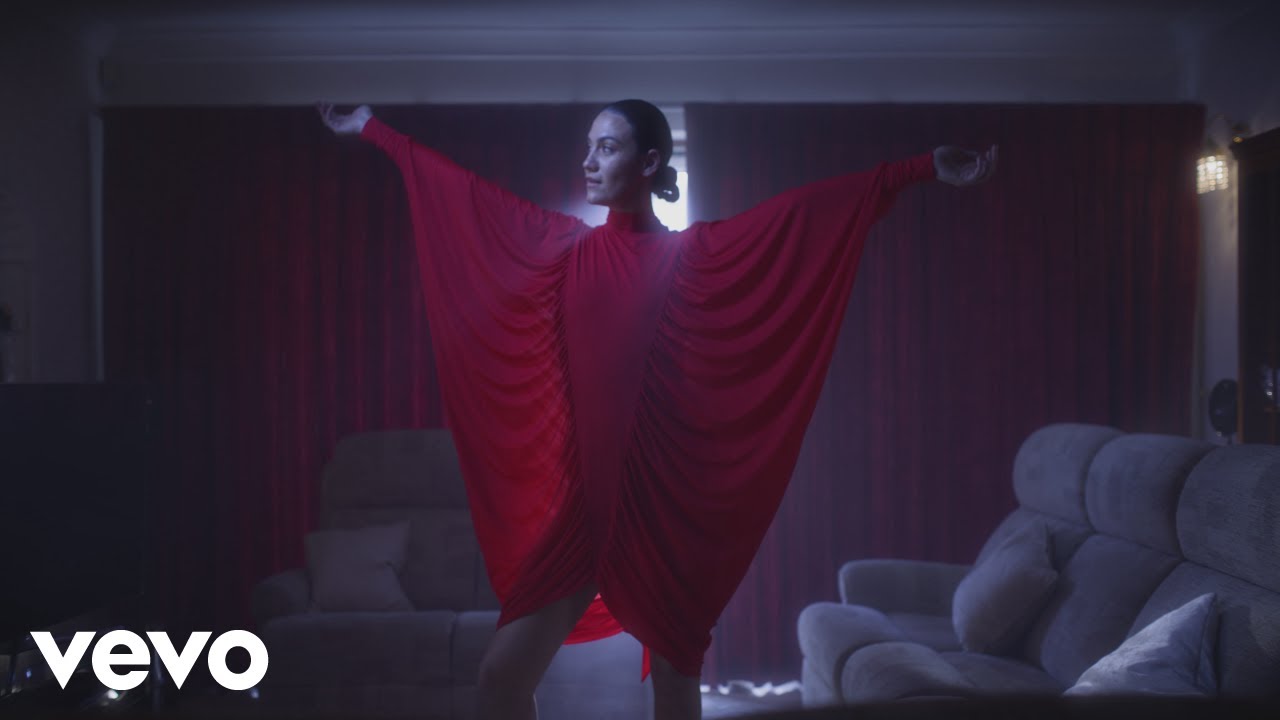There is a fine line to tread in any creative labour when opening up about your personal struggles. It’s delicate work to find how much honesty resonates with an audience and what becomes alienating. Nadine Shah navigates this rough terrain on her fifth album, Filthy Underneath, a record which deals with how, in a few very short years, she coped with the death of her mother, substance abuse, a suicide attempt, recovery and the end of her marriage.
Any one of these topics could be completely overwhelming for listener and artist alike, but Shah’s control of the narrative makes her songs sound more confidential than confessional. She exercises the same incisive observational skills that she applied to songs about social unease and toxic relationships when she turns the lens on herself, as willing to be cutting, critical and humorous when she is her own subject.
The self-awareness around the weight of her material reads in how she tempers her delivery. Filthy Underneath sees Shah experimenting with her voice. Thought it has never wanted for strength, there is a new kind of abandon in the way she bellows on the chorus of ‘Topless Mother’. ‘Greatest Dancer’, meanwhile, has her reaching for the heights of her range, the softness of her voice paired against opalescent synths and driven by propulsive drums, fully echoing the out of body experience she sings about.
It’s a strong sense of rhythm — one that has propelled Shah’s catalogue — that adds a subversive infectiousness on Filthy Underneath. ‘Topless Mother’, a clanging, percussive pop track, is catchier than any song about the tense relationship between a therapist and client has any right to be.
‘You Drive, I Shoot,’ a track mostly stripped to bass and drums, rolls along on a slow groove. Shah’s charismatic, clipped vocal style plays off the downtempo flow as she relates how she ferried her terminally ill mother to hospital appointments with a resigned ease. It’s one of the most striking examples of Shah’s ability to be open without bulldozing her listeners.
Though Shah’s lyrics lack sentimentality, they are not unemotional. She sounds her most vulnerable on ‘See My Girl’, an 80s-inflected synth track reckoning with the loss of her mother and the effort to create space for her memory.
It’s in her wry humour, however, where she shines brightest, even on some of the most thematically dismal tracks. As she relates the lows of her mental health struggles on spoken word track ‘Sad Lads Anonymous’, there is an invitation for the listener to raise their eyebrow. She knows how it all sounds and she isn’t worried about any judgement. She is an artist wholly in possession of herself and her own story.



